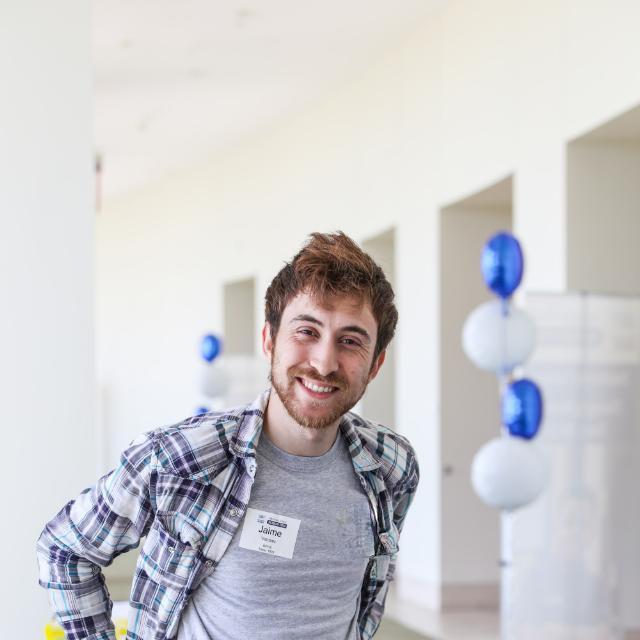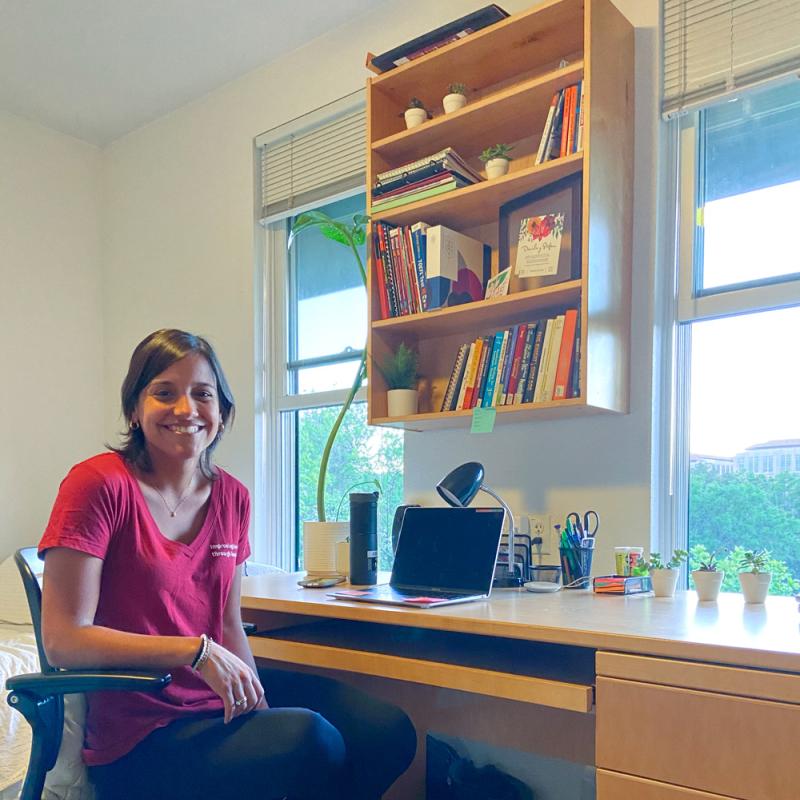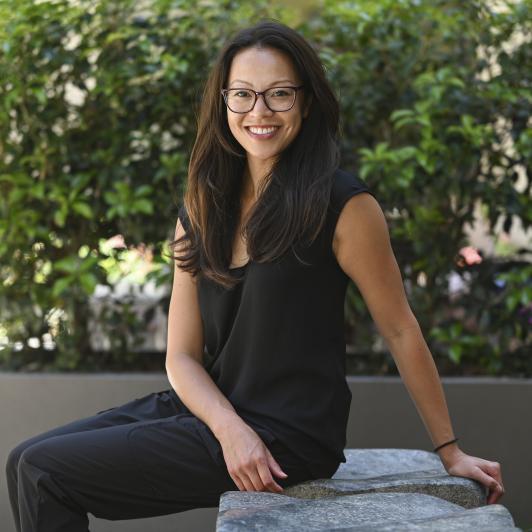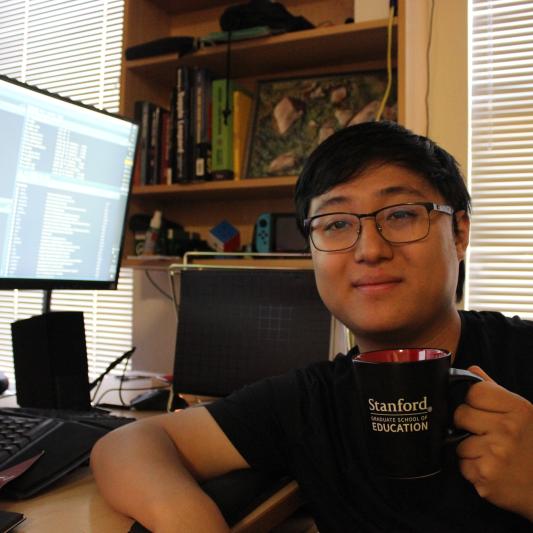
Jaime Vazquez
As a young student in South Central Los Angeles, Jaime Vazquez was on the receiving end of a “sit down and shut up” pedagogical approach.
In his school – and later, when he worked as a teacher in the Boston area – students were nothing more than receptacles for a brain dump, he says. “The presumption is that they will learn because the brain dumping has been done,” he says. “This approach is extremely detrimental, particularly to our students of color. It almost completely ignores their humanity, penalizes them for their own cultural experiences and reduces them to a robot that needs to be programmed.”
Now, as a master’s student in the Stanford Teacher Education Program (STEP), Vazquez is committed to putting an end to that kind of teaching and that kind of thinking. He developed a passion for teaching underserved students while he was an undergraduate at the University of California at Berkeley, through an off-campus job tutoring teens at a local YMCA. He went on to teach eighth graders in Boston through the AmeriCorps program, and taught chemistry and math at a charter high school serving marginalized students outside of Boston.
Last fall he enrolled in the STEP Secondary program, which leads to both a master of arts in education and a preliminary California single-subject teaching credential.
The program has opened his eyes to the cognitive apprenticeship model of teaching, an approach in which educators make their thought process visible to students. While kids in his school and the schools he taught in “were pushed down by oppressive structures,” he says, STEP presents ways to “lift up our students of color and make their culture relevant to our teaching.”
Where he went to school, kids were expected to conform, and police with rifles were a constant presence. But he had teachers and mentors who helped him to see that he was capable of more. “I realized I can be much more than an educator – I can be a coach, a mentor, an advisor, a school leader,” he says. “I can directly influence my students’ self-perceptions and self-efficacy in a way that feels truly powerful.”
Photo courtesy of Jaime Vazquez



